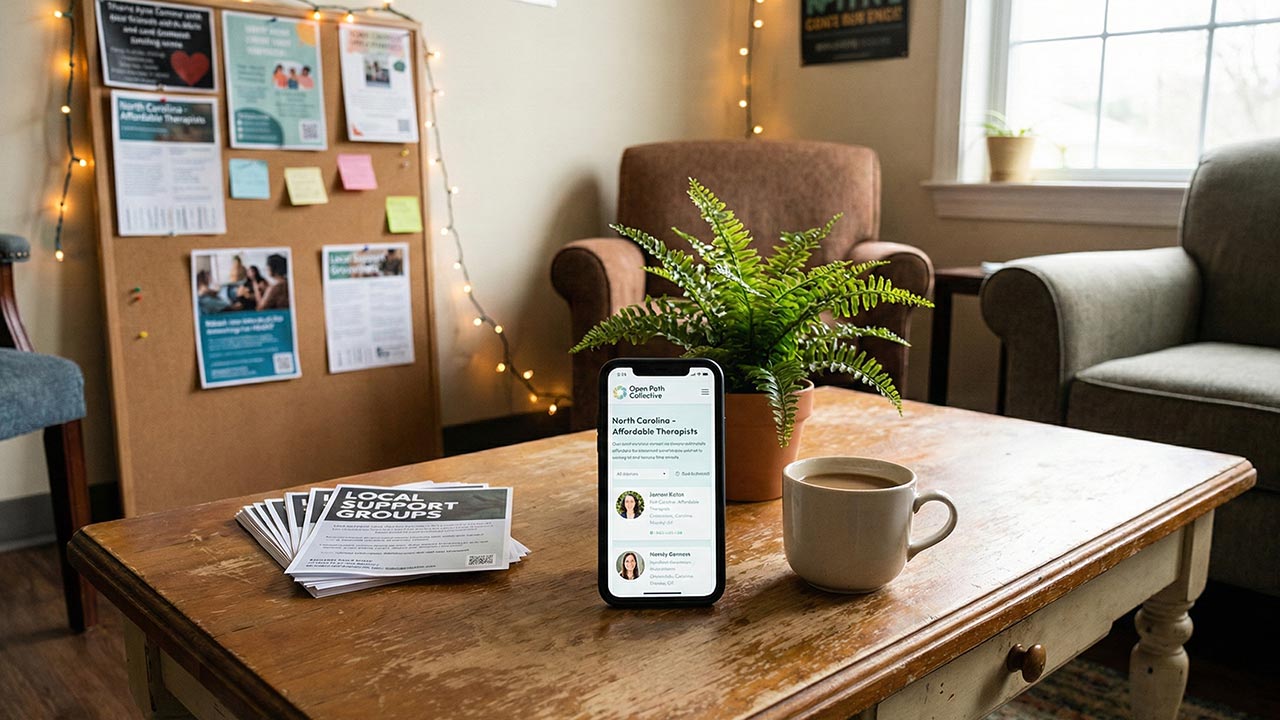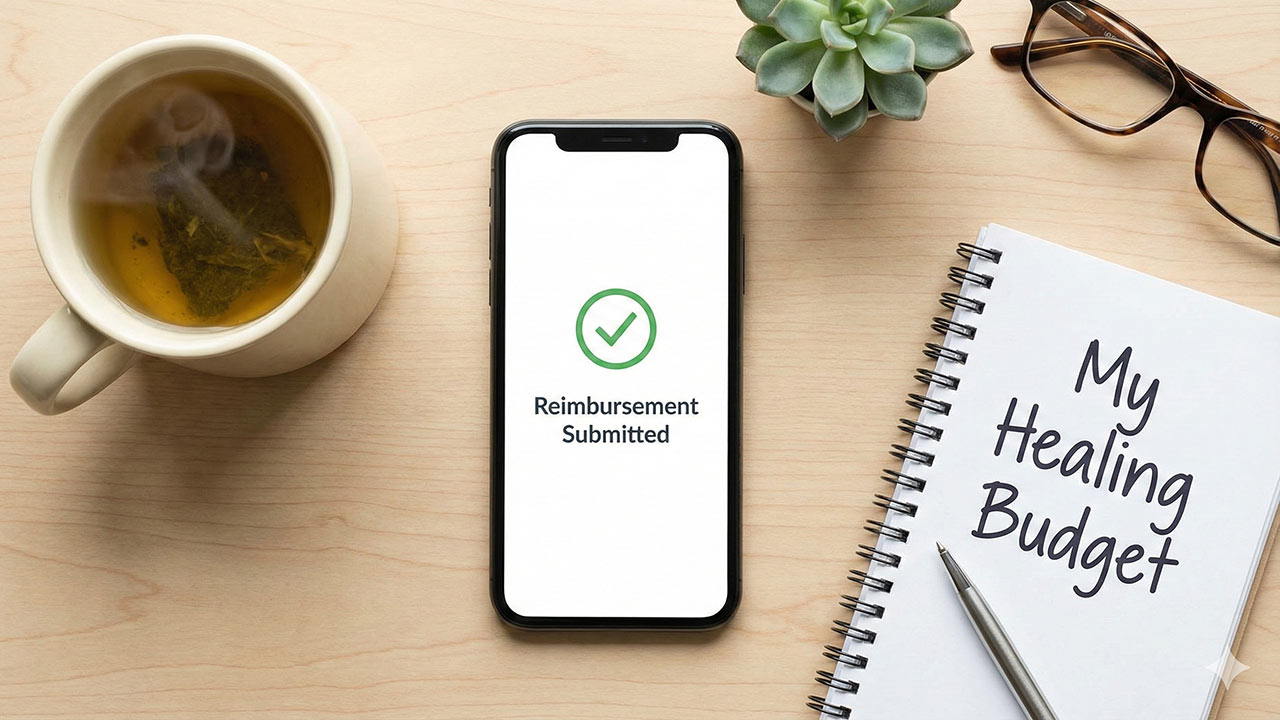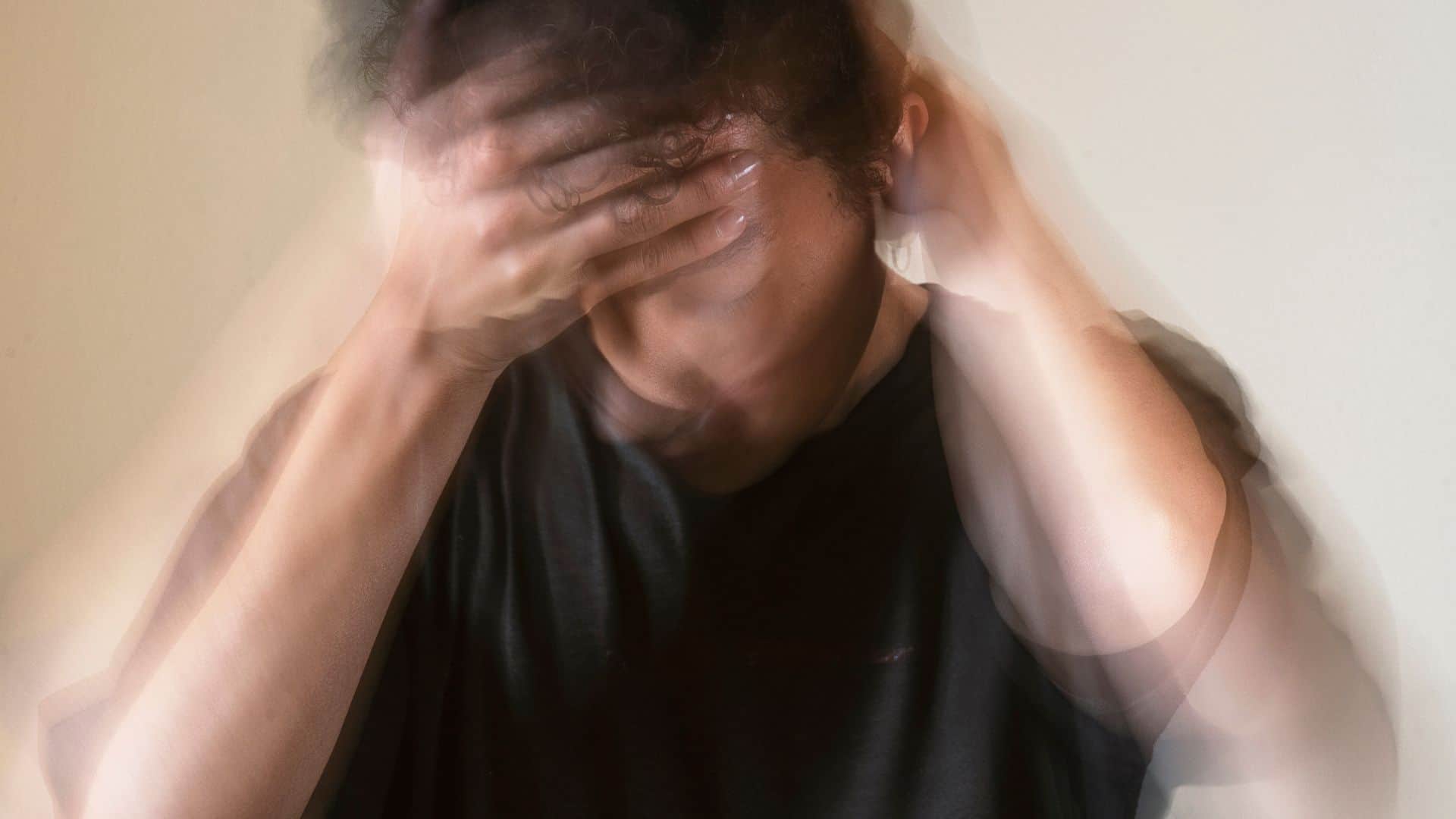Have you ever left a conversation feeling a strange sense of unease, a subtle sting you couldn’t quite name? Perhaps a colleague complimented you on how “articulate” you are, with an undertone of surprise. Maybe a stranger asked, “Where are you really from?” after you told them your hometown. Or perhaps you shared a personal struggle related to your identity, only to have it dismissed with a casual, “You’re being too sensitive.”
These moments are often brushed aside by others—and sometimes even by ourselves—as small, insignificant, or unintentional. But they have a name: microaggressions. And no, it’s not “just in your head.” These are real, painful encounters that function like a thousand tiny paper cuts. Individually, they may seem minor, but their cumulative effect on mental, emotional, and even physical health is significant and well-documented, especially for Black, Indigenous, and People of Color (BIPOC), as well as other marginalized communities who navigate them daily.
This article will serve as a guide to understanding the insidious nature of microaggressions, validating their impact, and offering tangible, affirming strategies to protect your energy and well-being in a world that is still learning.
What Exactly Are Microaggressions? A Deeper Look
Coined by psychiatrist Dr. Chester M. Pierce in the 1970s, the term “microaggressions” refers to the brief and commonplace daily verbal, behavioral, or environmental indignities, whether intentional or unintentional, that communicate hostile, derogatory, or negative slights and insults toward people from marginalized groups. The “micro” in microaggression doesn’t mean the impact is small; it refers to the often subtle and frequent nature of the interaction.
Unlike overt racism or sexism, which are like a direct punch, microaggressions are insidious. They are the constant, low-humming static of bias that can leave you questioning your own perceptions and sanity. Psychologists often categorize them into three distinct types:
- Microassaults: These are conscious and explicit derogatory actions or slurs. Think of using a racial epithet, displaying a swastika, or telling a homophobic joke. While more overt than other forms, they are “micro” because they often happen in private settings or are dismissed as “just a joke.”
- Microinsults: These are communications that convey rudeness and insensitivity, demeaning a person’s identity. They are often subtle and can be delivered as backhanded compliments.
- Examples: “You’re so articulate for a Black person” (implying that Black people are not typically articulate). “You’re too pretty to be a lesbian” (implying that lesbians are not attractive). Asking a person of color where they are from, and when they answer with an American city, following up with, “No, where are you really from?” (implying they are a perpetual foreigner in their own country).
- Microinvalidations: These are communications that exclude, negate, or nullify the psychological thoughts, feelings, or experiential reality of a person from a marginalized group.
- Examples: A white person telling a person of color, “I don’t see color; we are all one race, the human race” (dismissing their racial identity and the reality of racism). A man telling a woman to “calm down” or that she’s “overreacting” when she expresses frustration about sexism. Telling a neurodivergent person, “Everyone’s a little ADHD sometimes” (invalidating their specific neurological experience).
The constant exposure to these slights creates a state of chronic stress known as race-based traumatic stress. It forces individuals into a state of hypervigilance, constantly scanning their environment for the next potential slight. This cognitive load is immense and exhausting. It drains the mental and emotional resources that could be used for work, creativity, relationships, and joy.
The Psychological and Physiological Toll
The harm of microaggressions is cumulative. Each incident reinforces harmful stereotypes and creates an environment where you feel like an outsider, constantly on guard. This experience is not just emotionally draining; it can lead to very real mental and physical health consequences.
Research has linked the experience of frequent microaggressions to increased rates of anxiety, depression, substance use, and suicidal ideation. The constant need to question your reality (“Did that just happen? Am I overreacting?”) can erode your self-esteem and trust in your own perceptions.
Physiologically, each microaggression can trigger the body’s stress response system (the “fight or flight” response). Over time, this chronic activation can contribute to health problems like high blood pressure, digestive issues, and a weakened immune system. The body keeps the score, and the toll of navigating a world that constantly questions your worth is physically taxing.
Coping with the Daily Onslaught: Strategies for Self-Preservation
Navigating a world filled with these subtle slights requires a toolkit for self-protection, validation, and healing. The goal is not to develop a “thicker skin,” which is a form of victim-blaming. The goal is to build a compassionate and resilient response system that honors your experience and preserves your energy.
- Acknowledge and Validate Your Feelings. The first and most crucial step is to trust your gut. If an interaction felt “off,” it probably was. Give yourself permission to feel hurt, angry, confused, or exhausted. Your reaction is a valid and logical response to a genuine injury. You are not being “too sensitive.” The problem is the aggression, not your sensitivity to it.
- Prioritize Your Safety: The “Do I Respond?” Checklist. You do not owe anyone a debate or an educational moment, especially at the expense of your own well-being. The decision to respond is a strategic one, not a moral obligation. Before deciding whether to engage, quickly and privately ask yourself:
- Am I physically and emotionally safe in this situation?
- Do I have the energy for this conversation right now? Responding takes a significant amount of emotional labor.
- What is my goal in responding (to educate, to set a boundary, to express my feelings)?
- What is the likely outcome, and am I prepared for it? Consider the power dynamics at play. Is this your boss, a stranger, or a close friend? Your safety and energy are your most precious resources. Choosing not to engage is a powerful act of self-preservation, not a sign of weakness.
- Practice Grounding Techniques to Regulate Your nervous system. In the moments after a microaggression, your nervous system can become activated. Grounding techniques can help bring you back to the present moment and signal to your body that you are safe. Try the 5-4-3-2-1 method:
- 5: Name five things you can see around you.
- 4: Name four things you can feel (the texture of your clothes, your feet on the floor, the temperature of the air).
- 3: Name three things you can hear (the hum of a computer, distant traffic, your own breathing).
- 2: Name two things you can smell (coffee, soap, the air).
- 1: Name one thing you can taste (the lingering taste of your last meal, a sip of water).
- Seek Out Affirming Community. Healing from the wounds of systemic oppression rarely happens in isolation. Connecting with others who share your lived experience is profoundly validating and restorative. This could be a formal support group, a community of trusted friends, or online spaces dedicated to BIPOC mental wellness. Sharing your story with people who “get it” without needing a lengthy explanation can be a powerful antidote to the gaslighting and isolation that microaggressions are designed to create.
- Embrace a Decolonizing Approach to Healing. Traditional therapy models, rooted in Eurocentric standards, have often failed to adequately address the impact of systemic oppression. A decolonizing approach to therapy acknowledges that your distress is an understandable reaction to a flawed and painful environment. It centers your cultural wisdom and lived experience as sources of strength. This framework helps you dismantle internalized oppression—the harmful belief that you are somehow the problem—and reconnect with your authentic, powerful self.
You deserve to move through the world without having to constantly justify your existence or absorb the subtle poisons of bias. While we collectively work toward a more just and equitable world, these strategies can help you protect your peace, affirm your reality, and reclaim your power. Your experiences are valid, your feelings are justified, and your well-being is paramount.














